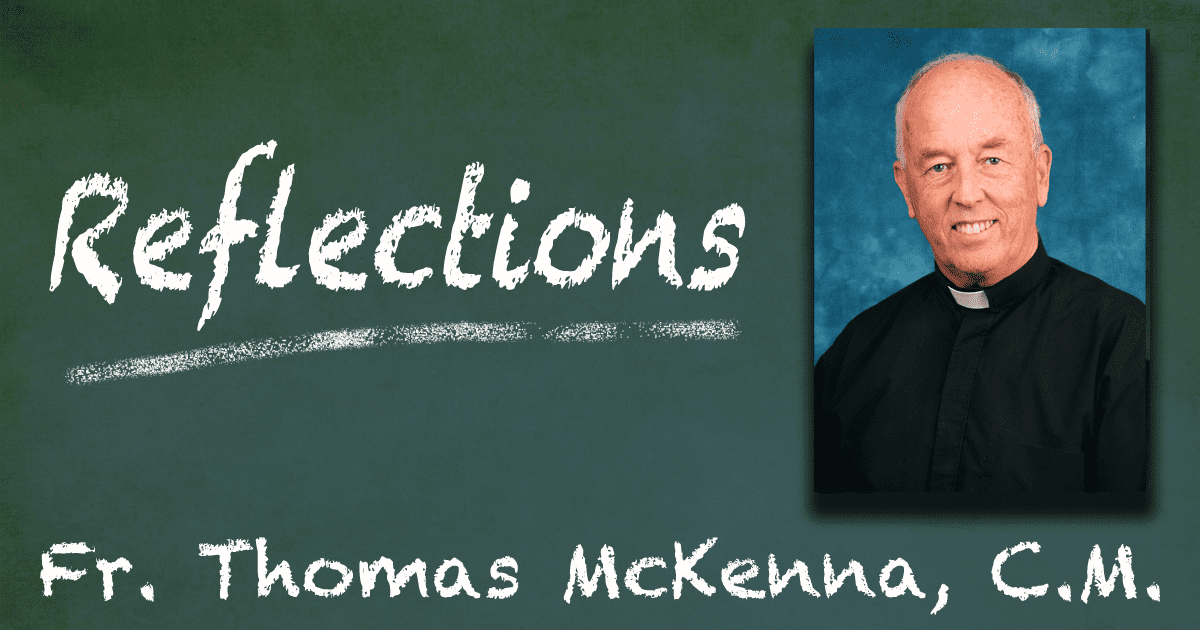On Noticing (Amos 6; Lk.16:19-31)
You might remember a liturgical song of some years ago, “They will know we are Christians by our love.” Love, though central, is one of those generic words like peace and good will which apply across the board. Can we get more specific about things by which people will “know we are Christians?”
One mark of identity surfaces in Jesus’ parable about the rich man and the poor beggar, Lazarus, sitting by his door. The story doesn’t say the landlord was evil or that he purposely oppressed his less well-off neighbors. He could well have had a respectable reputation. But it does key in on one of his actions — he doesn’t notice. He bypasses the poor man as if invisible, walks right past someone in need.
High up on the list of Christian identifying marks is perceiving the poor, detecting those who because they are impoverished and of low state tend to be overlooked. Marginal is a descriptive term for them. Shunted off to the side, they are in the margins.
There are many Gospel instances of Jesus noticing the unnoticed, reaching out as he does to the lepers and widows and children. But one episode particularly stands out — that Sabbath in the Temple when Jesus and the apostles were mingling in the crowd that was watching people put their contributions into the treasury. There were some big donors that day, well dressed types dropping in gold and diamonds that glinted and clinked as they fell in. All eyes were on them as they strode down the middle aisle. But off in the corner an elderly widow in shabby clothes was tiptoeing up to drop in her two pennies. No one, including the disciples, notices – but Jesus does. Not only her person but her generosity, “all she had.”
Here again, Jesus detects the poor, not just noticing but pulling the others up short for not seeing her. This is another instance of Jesus acting out the lesson he draws in his Lazarus parable: God has razor-sharp eyes for the needy and those off in the shadows. The psalmist echoes this: “The Lord raises up those who are bowed down. The Lord protects the strangers, orphans and widows.” (Ps 146). The prophets too chime in, “Woe to you the self-satisfied and complacent!” (Amos 6:1)
Does this mean that the poor of the world are better off spiritually than the prosperous? Not necessarily. Does it mean that God, in Jesus, has a special radar and fondness for them? Yes, and over and over.
“Noticing” is high up on the list of how “they’ll know we are Christians” — and certainly how they’ll know we are Vincentians. People recognize us by our sharpened awareness of those lost behind the curtains. Does God love everyone? Yes. But does the God of our Scriptures show a predilection for the forgotten and cast aside? The answer is clear in parables like this of the poor man at the gate. They’ll know our belief when we give attention to the overlooked, when we don’t step over that beggar at the doorstep
In chapter 4 of Luke’s gospel, Jesus lays out his vocation story, “He has sent me to preach the Good News to the Poor.” May we in Vincent’s family continue to take our bearings from the light of this calling.







0 Comments